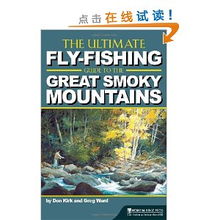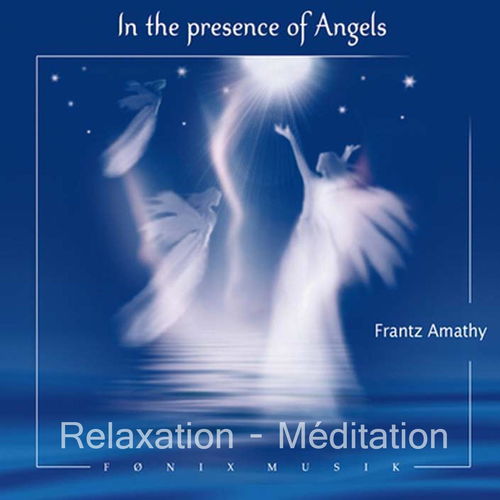Content:
Introduction: As an angler, you often find yourself in serene settings surrounded by nature, with the opportunity to meet a variety of people. Whether you're at a local lake, a fishing tournament, or a weekend getaway, the ability to engage in conversation with fellow anglers can enhance your overall experience. Starting a conversation can sometimes be daunting, but with the right approach, you can make lasting connections and share your passion for fishing. In this article, we will delve into the essential tips for anglers to master the art of conversation and how to effectively start a chat.
Approach with a Smile and a Warm Greeting The first step in initiating a conversation is to approach the person with a smile and a warm greeting. A simple "Hello" or "Good morning" can go a long way in making the other person feel comfortable and open to chatting. Remember, body language speaks volumes, so stand or sit confidently and maintain eye contact.
Ask Open-Ended Questions Instead of asking questions that can be answered with a simple "yes" or "no," opt for open-ended questions that encourage the other person to share more about themselves. For example, instead of asking, "Do you fish often?" try asking, "What kind of fishing do you enjoy the most, and where do you usually go?" This approach not only shows genuine interest but also allows for a more engaging conversation.
Share Your Own Experience When you ask open-ended questions, be prepared to share your own experiences and insights. This not only helps to build rapport but also shows that you are a knowledgeable angler. For instance, if someone mentions they enjoy fly fishing, you can share your favorite fly fishing spots or techniques you've found successful.
Be Mindful of the Surroundings Before diving into a conversation, take a moment to observe your surroundings. If you're at a crowded fishing event, it's polite to wait for a natural lull in the conversation or a moment when the other person is not busy with their fishing gear. This ensures that your approach is not intrusive and that the person is more likely to engage in a conversation.
Keep the Conversation Flowing As the conversation progresses, keep it flowing by asking follow-up questions and showing genuine interest in what the other person is saying. Avoid dominating the conversation or steering it too far from fishing-related topics, as that might make the other person uncomfortable.
Be Respectful of Different Preferences Not everyone shares the same level of enthusiasm for fishing as you do. Be respectful of the other person's preferences and interests. If they seem uninterested in fishing, steer the conversation towards other topics such as the weather, local wildlife, or even the scenery.

Use Humor to Break the Ice Humor can be a great way to break the ice and make the other person feel at ease. Share a funny fishing story or make a light-hearted comment about the challenges of fishing. However, be mindful of the other person's response and ensure that your humor is appropriate and not offensive.
Show Appreciation If the person shares valuable information or advice, show appreciation for their knowledge. A simple "Thank you" or "That's a great tip" can go a long way in building a positive rapport.
End the Conversation on a High Note When it's time to part ways, make sure to end the conversation on a high note. Summarize the key points of your conversation, express gratitude for the time spent together, and offer a friendly farewell. This leaves a lasting impression and can pave the way for future interactions.
Conclusion: Starting a conversation as an angler can be both exciting and rewarding. By approaching with a smile, asking open-ended questions, sharing your experiences, and being respectful of others, you can create meaningful connections and enrich your fishing experiences. Remember, the key to successful conversation is not just about what you say, but how you say it and the effort you put into building rapport. With these tips, you'll be well on your way to becoming a conversational pro on the water.












